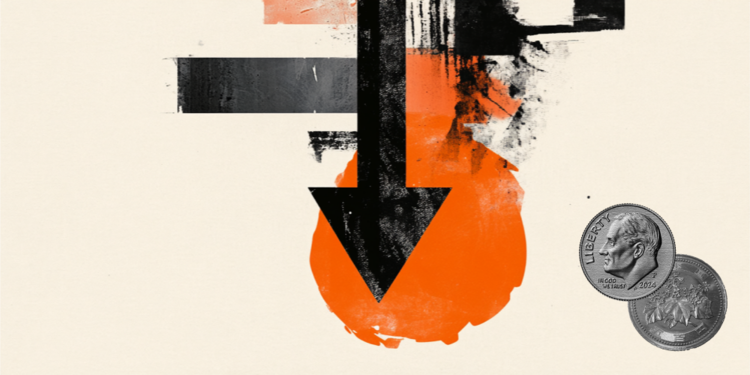Hezbollah is an Islamic fundamentalist (Shiite) political and paramilitary organization that operates in the Gaza Strip and several countries in the Middle East. For Israel, their advanced weaponry makes them a greater threat than other Iranian-backed Palestinian groups such as Hamas.
Many countries, including the United States, the United Kingdom and Germany, as well as the Persian Gulf states and the Arab League, have labeled the entire group a terrorist organization.
The European Union and France only consider Hezbollah’s military wing as such. Hassan Nasrallah, leader of the group, is considered an international terrorist by the United States and is therefore subject to US sanctions.
Hezbollah emerged in 1982 in response to Israel’s invasion of Beirut during Lebanon’s civil war. The Israelis achieved their objective of expelling Palestinian fighters from the country, but as a result they reaped a stronger enemy in Hezbollah.
The Iranian regime saw the group as a suitable ally, because of the same Shiite ideology and Hezbollah’s position in the heart of the Arab world. The country then began providing funding and training to the group shortly after its creation.
Since then, Hezbollah has grown militarily. In 2000, Israeli forces withdrew from southern Lebanon after a prolonged conflict with the group. In 2006, the group maintained its positions in a war against Israel, when Israel sought to disarm it.
The 2006 war with Israel was instigated by a Hezbollah attack on the border with Lebanon, in which eight Israeli soldiers were killed and two kidnapped. The resulting fighting caused the deaths of 121 Israeli military personnel and 49 civilians.
On the other side, around 270 Hezbollah fighters died, as well as 50 Lebanese soldiers and police officers. More: around 1,200 people in Lebanon, mainly civilians, died in the Israeli response.
Over the past decade, Hezbollah has taken an increasingly active role in the region, including in Iraq and Yemen. The group’s most significant foreign military engagement was in Syria, where thousands of fighters were deployed to defend Bashar al-Assad’s regime.
During Syria’s civil war, the group successfully intervened on behalf of President Bashar al-Assad and helped bolster his defenses after the dictator violently suppressed a popular uprising.
At the time, the group’s political influence seemed to be on an uninterrupted rise, despite an internal effort (supported by Saudi Arabia) to curb its power, which was quickly extending beyond Lebanon.
A fiery and charismatic leader, Nasrallah has rarely appeared in public since the 2006 war with Israel, apparently out of fear of assassination. At the group’s 40th anniversary meeting last year, he delivered his commemorative speech via video.
Nasrallah regularly uses inflammatory language against Gulf Arab states, particularly Saudi Arabia.
VIDEO – UN Council rejects Russian text on war between Israel and Hamas
*Published by Pedro Jordão with information from CNN Internacional
Source: CNN Brasil
Bruce Belcher is a seasoned author with over 5 years of experience in world news. He writes for online news websites and provides in-depth analysis on the world stock market. Bruce is known for his insightful perspectives and commitment to keeping the public informed.







